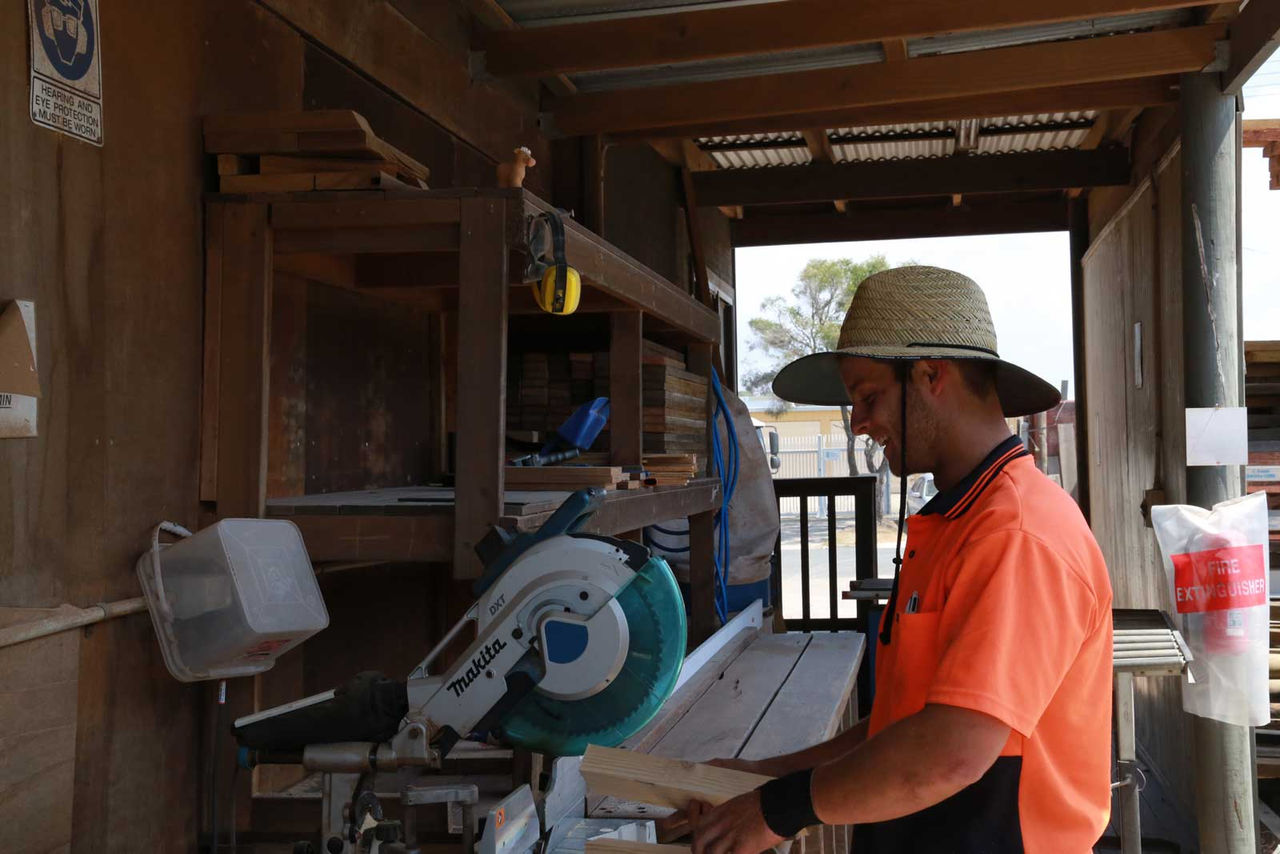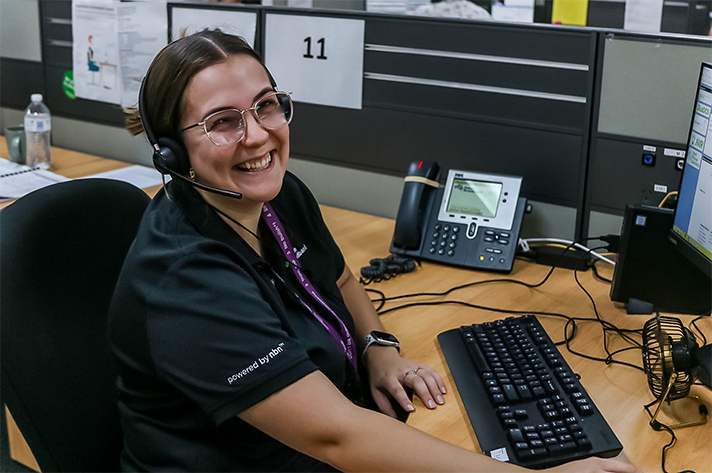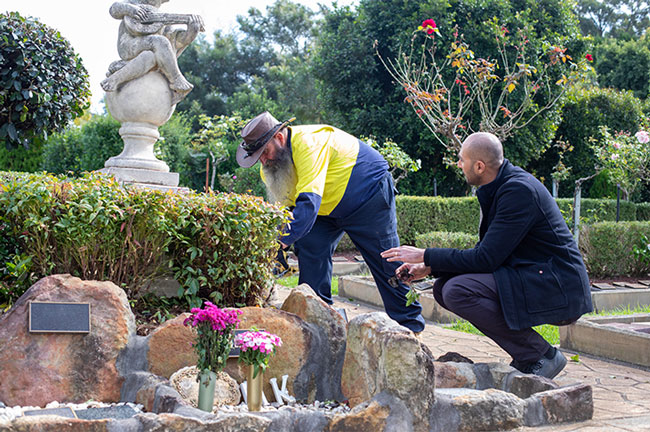Midlife career change – advice for mature-age job seekers
Published by MAXSolutions on May 24, 2020

Midlife career change
Changing careers at 40, 50 and beyond
Mature-age Australians are joining the multitude of Australians who now find themselves out of work due to the economic impact of the coronavirus pandemic. If you’re one of those people looking at a midlife career change, we’re here to help.
Concerns about ageism in the workforce exist in the most normal of economic circumstances and an incredibly competitive job market is no doubt going to exacerbate the perception of ageism, and potentially the reality.
As we adjust to the new jobs market, what should mature-age people on the hunt for jobs know and do to give themselves the best chance of transitioning back into employment?
What do mature-age job seekers need to know before making a career change?
Your experience is extremely valuable
Your experience throughout the years, in various jobs and in your personal life is all potentially valuable to an employer.
Sometimes the link between the experience an employer is looking for and the experience you have to offer isn’t a perfectly straight line. However, if you can connect your past experience and translate it to the new job opportunity, you’ll give yourself the best chance of claiming that opportunity for you.
You may need to transfer your skills to a new career
Just like younger people on the hunt for jobs, now may be the time to consider altering your career trajectory. If you’ve been let go from an industry or profession that isn’t currently hiring, it’s time to adapt. Whether your career is taking a brief sideways step, or this becomes the beginning a longer-term career change, now is the time to be adaptable.
If you’re looking for inspiration, the Australian Government has developed a very useful “Skills Match” tool. By entering job titles you’ve held previously, it identifies the skills you have likely developed in those roles and suggests a range of new career and job ideas that might suit you.
Using your personalised results, you can identify those transferable skills and have the confidence to promote and discuss these with potential employers.
Examples of transferable skills include customer communication, managing information and ideas and working with tools.
Based on your work history, Skills Match also gives brief insights into career matches, such as average weekly earnings, expected future demand while also identifying any skills gaps that might be filled with training.
The results can be customised by training pathway, industry, job type, preferred work style or physical demand to find a path that suits your circumstances.
You may need to adjust your expectations
Again, just like those in younger demographics, if you’re a mature-age person on the job hunt you may need to adjust your expectations around salary and position.
This is not a reflection on you.
This is not a reflection on the value you have to offer workplaces.
This is a reflection on the unprecedented global coronavirus pandemic and its cataclysmic effects on our economy.
If you’re able to adjust your expectations of a role for the next while, you’ll may learn new things and gain new experiences that will stand you in good stead for future opportunities.
What can mature-age job seekers do to land a job?
As you navigate a midlife career change, we can’t guarantee you a job but here are some suggested actions you can take to give yourself the best chance of securing an opportunity in the current market.
Explore the best job portals
There are a wide range of job portals that could suit your job search or provide additional job opportunities. Examples include:
- Jobs Hub – Created particularly in response to COVID-19 and the rapidly shifting jobs market, Jobs Hub by the Australian Government is designed to connect those employers who are scaling up in response to the crisis, with those who are looking for work.
- Seek – Australia’s most prolific job site allows you to search jobs by keyword, location, classification and salary. It also offers career advice and is a good place to see company reviews. Creating a profile on Seek may also open up doors, showing your profile to employers who have a job that might suit your skillset.
- Indeed – Indeed generates job opportunities from thousands of job boards and company websites. Like Seek, it allows you to create a profile and provides a platform for employers to find you.
- LinkedIn – For white collar jobs and senior roles, LinkedIn is a good place to start. If you don’t have a profile or it’s looking a little basic, now is a great time to polish your profile and reach out to your network. You can find some tips on doing that here.
- Facebook Jobs – Many employers are now using Facebook to advertise jobs. You can find jobs near you and narrow the options down by job type (full-time, part-time, casual) and category. This is a great option if you use Facebook. Just make sure your profile provides potential employers with a good first impression.
Learn new skills
If you start looking for new jobs and start to see a gap between the skills/qualifications that you have and those required, perhaps now is the time to upskill.
There are a variety of online courses available that allow you to study while physical distancing.
Our MAX RTO (0667) is offering training options allowing students to study from home with some courses even offering a virtual classroom environment. From digital literacy and language literacy and numeracy courses through to a Certificate III in Business, we may have a course that will propel you ahead of the competition. See the range of courses we have on offer. Many are available at low or no cost, depending on your circumstances.
What do you put on a resume when changing careers?
Refreshing your resume is vital. If you have the means, consider paying a professional to help you through this process. If you’re a MAX customer, your consultant will be able to support you through this process. Some tips include:
Keep it brief
Keep your resume brief. According to seek.com.au, 79% of employers prefer short, one to two page resumes. Some research even suggests the average time a recruiter spends looking at your resume is just six seconds.
Keep it to two pages maximum and concentrate on your experience in the past 10-15 years.
Tailor it to the job you’re applying for
If you have many years of experience under your belt, chances are not all of it will be relevant to the role you’re applying for. Perhaps try having a full length resume that details all of your experience over the years. Then, as you apply for each different job, pull out the parts most relevant to each job.
The most recent, relevant experience should go first. Remove details about previous roles that are less relevant and leave more depth regarding experiences that are most aligned.
Highlight your skills and achievements, not the years. Start your resume off with five dot points that highlight accomplishments you’ve made throughout your career.
Highlight your experience with technology
Be prepared that many employers will assume mature job hunters are less tech savvy.
If this is true for you, consider a digital literacy course (see our short courses).
If it is not the case for you, make sure this is clear in your resume. Even if it is obvious from your employment history details, include a “technical skills” section. List any certifications and any software and programs that you know how to use.
Consider creating or brushing up your existing LinkedIn profile to further demonstrate your tech ability (see LinkedIn Tips).
Contact the employer and talk to them
Consider contacting an employer before sending in your application. Do you have any questions about the role or the company that will affect whether you apply? Spend 10 minutes crafting an email or giving them a call to ask.
Time on the phone with a potential employer may give you a chance to impress, make your application stand out when it arrives on their desk and break through any ageist barriers that might exist.
This is likely going to be a tough time in the jobs market but being proactive and going through the things listed here will give you a greater chance of landing a job and securing the midlife career change. If you think the MAX team might be able to provide further support, contact us on 1800 603 503.
Share
Tags
Found this useful?
Help and advice
Our blogs are about helping people seek the information that they need for their steps in the workforce.








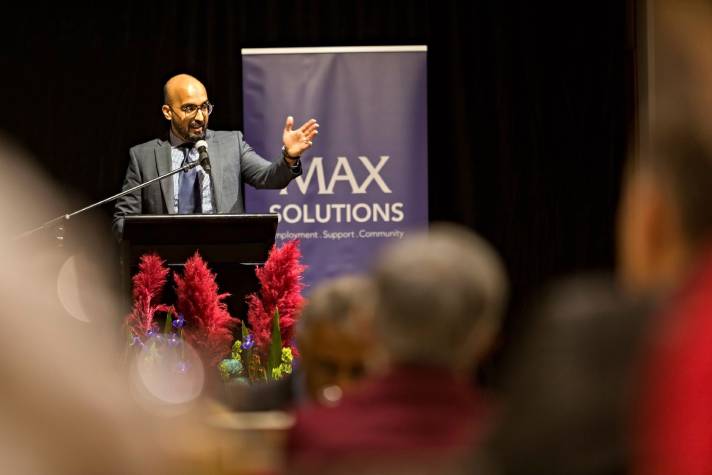





_1.jpg)




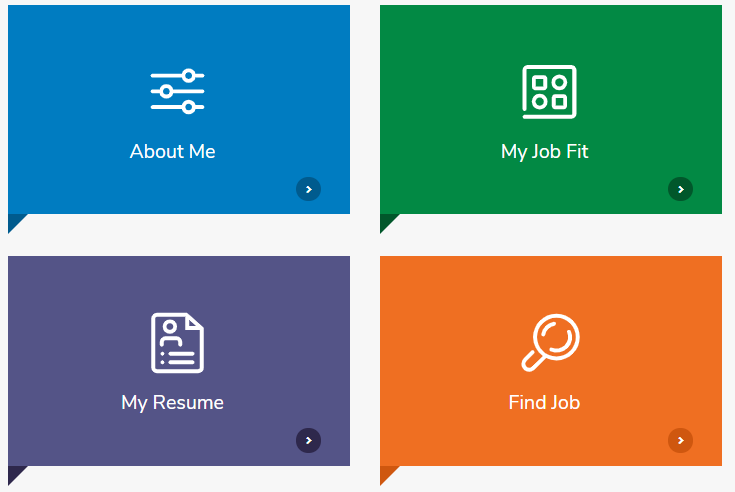














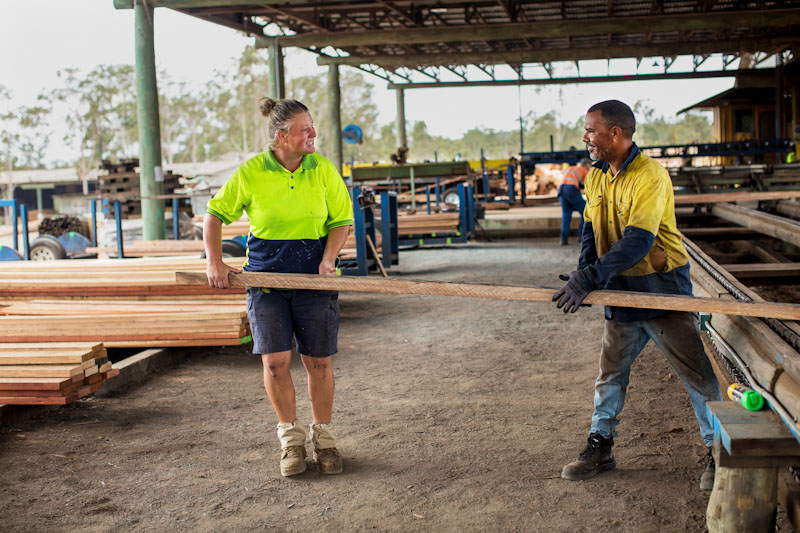









.jpeg)
